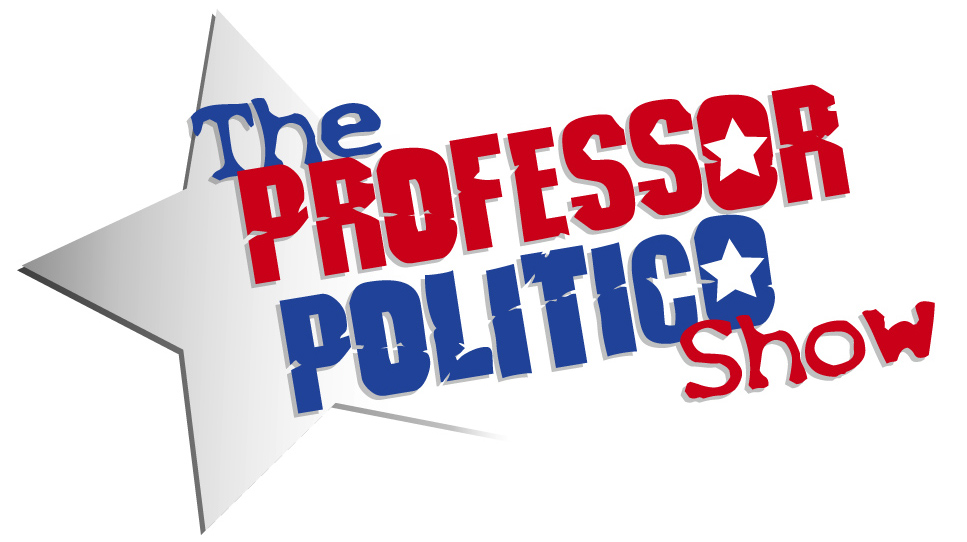Everything You Thought You Knew is Wrong
From D. T. Armentano @ the Future of Freedom Foundation:
I have been teaching economics at the university level for twenty-five years. Easily the most often-asked questions relate to monopolies. The questions are often put in the following form: "In an economy free of governmental regulation, wouldn't a firm or group of firms obtain a monopoly over some vital resource or product? And won't the monopoly then exercise its power by raising prices?"The issues most often revolve around the oil industry and the famous Standard Oil Company antitrust case. The history of Standard Oil, students frequently tell me, proves that monopolies exist in free markets — and that they do raise prices arbitrarily — and that this is precisely why we need antitrust laws.
Are monopolies truly an inherent problem in a free market? And do we need antitrust laws to combat them?
The clearest definition of monopoly is one seller, with the law prohibiting competitors from entering the market. Local telephone and cable-television companies are examples — they are usually provided a monopoly by their local governmental officials — that is, they are made the only provider of the service in a certain locale — and competition is prohibited by the local governing body. Obviously, this is not a monopoly arising in a free market since it is the government not the market that is dictating the number of suppliers. The best way to get competition in these types of activities is to remove the legal restrictions on market entry — which, by the way, is happening in some cable-television markets, which has resulted in a decrease in prices.
More here.
